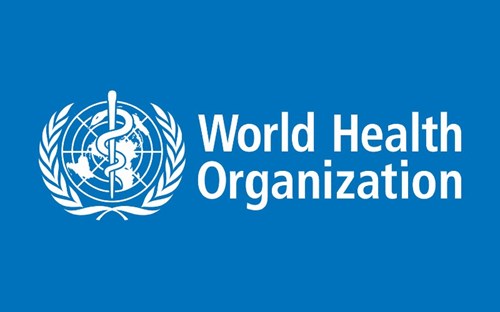Momentum is growing in Congress for legislation that would require a nod from the Senate on U.S. participation in the World Health Organization's proposed pandemic agreement. WHO officials hope to vote on the agreement at the World Health Assembly in Geneva May 27-June 1.
WHO officials have been careful to avoid the word "treaty" when referring to the agreement, because a treaty would require Senate approval to get the U.S. on board. Senate approval is exactly what Rep. Tom Tiffany (R-Wisconsin) hopes to achieve.
Tiffany introduced H.R. 1425 with 14 co-sponsors back in early March. Now, 51 House members have signed on as well as every Republican senator, Tiffany said on Washington Watch Wednesday.
If the U.S. signs on, it will cede the authority to declare a medical emergency – and any response such as mask and vaccine mandates, lockdowns and travel restrictions – to the WHO, the public health arm of the United Nations.
Tiffany's bill would recognize the agreement as a treaty and as such would require it to receive a two-thirds super majority vote in the Senate for ratification.
"That's how it should be," Tiffany told show host Tony Perkins, "especially when you see what happened during the pandemic when the WHO was warned by Taiwan in late 2019 that funny stuff was going on in a lab in Wuhan, and the WHO ignored those warnings as well as other things that they've done.

"We should not be entering into international accords with a corrupt organization that serves at the behest of communist China," he emphasized.
Taiwan officials in 2019 emailed the WHO asking for more information on what they believed at the time to be a type of pneumonia in the Chinese city of Wuhan.
In an interview with TIME, Dr. Lo Yi-chun, the deputy director-general of Taiwan's Centers for Disease Control, said the WHO should have acted on Taiwan's query by conducting its own investigation. When it did not, the WHO "provided a false sense of security to the world," said Dr. Lo.
Forty-nine senators recently wrote a letter to President Joe Biden informing him they find it "unacceptable" to give away U.S. decision-making power to the WHO for future pandemics. "The WHO's failure during the COVID-19 pandemic was as total as it was predictable and did lasting harm to our country," says the letter.
Former GOP Representative Michele Bachmann told AFN that most of the senators who signed the letter weren't aware of this issue a year ago. "[They wrote that] letter to Joe Biden telling him that they did not want to see his administration put the United States into an agreement with the WHO, whereby the U.S. would lose control over declaring a public health emergency of international concern here in the U.S.," she explained.
Britain, Slovakia just say no
Great Britain and Slovakia have announced they will not be signing the agreement. The Brits appear to be uncomfortable with the level to which the agreement, in its current draft, requires richer countries to care for poorer countries.
Countries with greater resources would be required to serve 20% of tests, treatments and vaccines for the WHO to distribute in poorer countries during emergencies, Reuters reported.
"We will only support the adoption of the accord and accept it on behalf of the UK if it is firmly in the UK's national interest and respects national sovereignty," a spokesperson for Britian's Department of Health and Social care said in a statement to Reuters.
 Tiffany argues the incredible amount of authority given to the WHO would be a step toward one-world government.
Tiffany argues the incredible amount of authority given to the WHO would be a step toward one-world government.
"We're seeing more and more of that over the last couple decades where people in America – and administrations like the Biden administration – want to sign on to these international accords that serve as the rule of law for the United States of America. It breaches our sovereignty," said the Wisconsin Republican.
Tiffany said the agreement also would be a step toward radical changes that would leave America vulnerable to its enemies.
"You would end the rule of law, private property rights, and the founding ideals that made this the shining city on a hill for over 200 years," he continued. "It ends all of that when we have to be dependent on the governance of this international body … and remember who's going to be driving this, it will be countries like communist China. It will be Iran. It'll be Russia. It'll be totalitarian countries that will drive this," Tiffany warned.
And WHO wants all this?
Then there's the matter of entrusting all this to a bureaucratic agency whose spectacular failures were exposed during the COVID-19 pandemic, Tiffany said.
"They fostered this whole notion of all the things that have been discredited … the whole pandemic policy – whether it's masking, whether it's social distancing, [or] the jabs that are proving to be having side effects that are affecting people across the world. WHO was at the forefront of all those things," he concluded.
"I don't think there's a single thing they did about it that was helpful. But that's to be expected from an organization that believes there should be one-world order."







